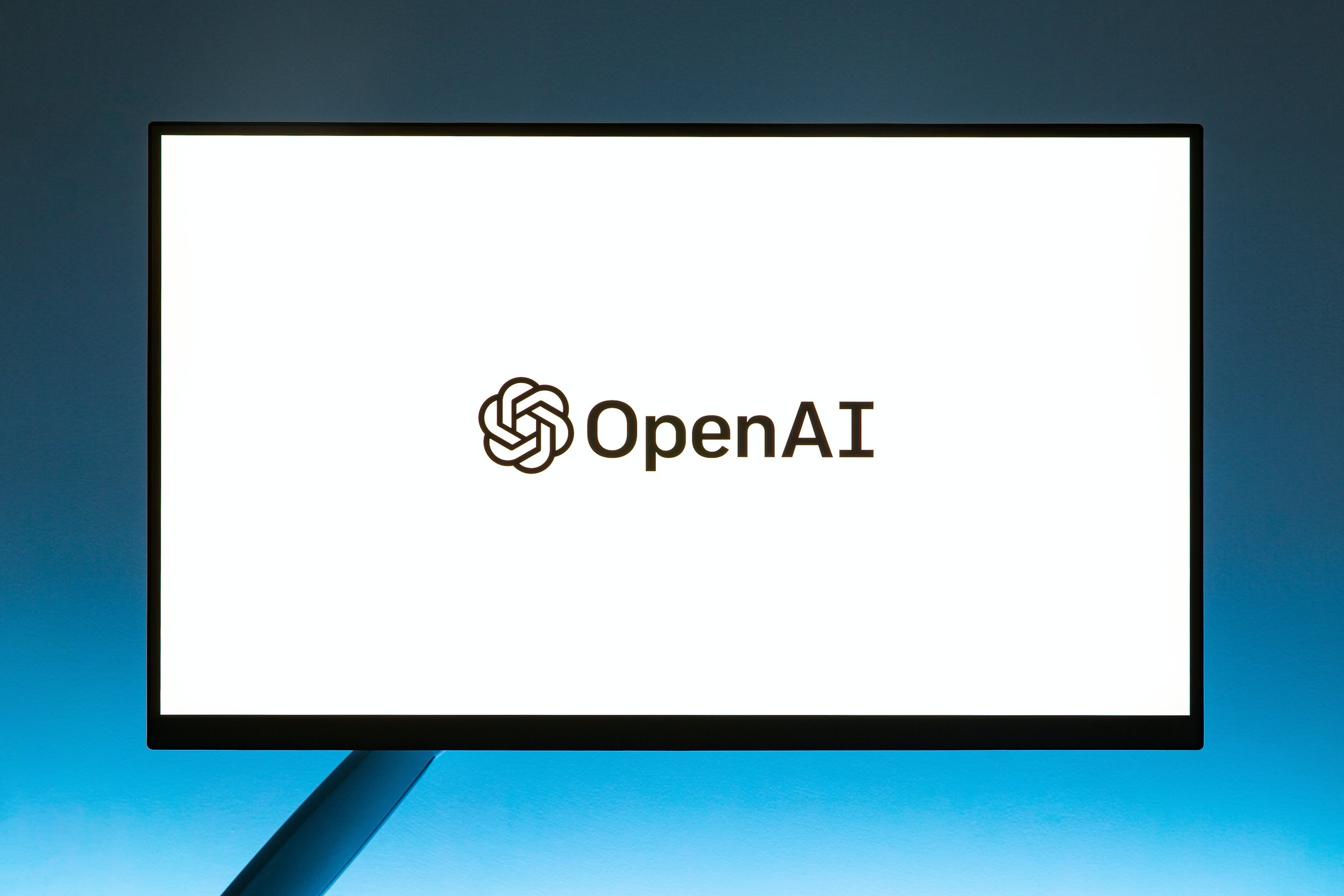Who Established OpenAI? Key Points to Know
Who are the founders of OpenAI?
Several prominent figures from Silicon Valley collaborated to establish OpenAI.
This artificial intelligence (AI) research laboratory originated in San Francisco and is driven by ambitious objectives. It was spearheaded by a cadre of tech leaders deeply invested in the field of artificial intelligence:
Elon Musk: While better recognized for his endeavours with SpaceX and Tesla, Musk's primary objective with OpenAI was financial. Although he is no longer on the board, he continues to exert significant influence in AI discussions.
Greg Brockman: Formerly the CTO of Stripe, Brockman now serves as the Chairman and CTO of OpenAI, ensuring the company remains at the forefront of AI studies.
Ilya Sutskever: A globally renowned machine learning expert, Sutskever held key roles, including Chief Scientist at OpenAI and later at Google.
John Schulman: Prior to joining OpenAI, Schulman's primary focus was on academics. He played a crucial role in pivotal OpenAI projects, including ChatGPT.
Wojciech Zaremba: Co-founder of OpenAI, Zaremba contributed his expertise, particularly in reinforcement learning, gained from his work on AI at Google.
Sam Altman: Former head of the startup accelerator Y Combinator, Altman became the CEO of OpenAI, having joined the organization in its early stages.
When did OpenAI commence its operations?
On December 11, 2015, OpenAI embarked on its innovative journey. The company was not merely established as a conventional business but also as a safeguard against the potential domination of AI by major tech corporations. The overarching goal was to create "artificial general intelligence" for the benefit of humanity.
Who currently owns OpenAI?
To delve into OpenAI's origins, it received substantial support from business leaders like Elon Musk and Peter Thiel. Their shared objective was to prevent the undue concentration of AI's vast potential.
Over time, Musk's AI pursuits took a back seat to other projects, prompting him to resign from the board in 2018 to avert conflicts with his various enterprises. In 2019, OpenAI transitioned from a charity to a "capped-profit" for-profit entity due to expanding goals and financial requirements.
Microsoft's substantial investment of $1 billion accelerated this transformation, granting Microsoft the right to license and utilize OpenAI's state-of-the-art technology. As of now, Microsoft holds 49% ownership in OpenAI, followed by other stakeholders with 49%, and the original non-profit foundation retains 1%. The non-profit foundation remains dedicated to preserving its independence while the primary company shapes OpenAI's narrative.
OpenAI Inc. serves as the non-profit parent organization, while OpenAI LP, its for-profit counterpart, manages its business objectives.
Is OpenAI publicly traded?
Despite being a prominent player in the AI domain, OpenAI is not a publicly traded company. As a private entity, it is exempt from the stringent regulations and annual pressures faced by public companies. However, given the significant market interest in OpenAI stock, a public offering might be a possibility in the future.
In Summary: OpenAI's transition to a capped-profit model reflects a unique blend of mission-driven research and business acumen. The organization's history illustrates its ability to maintain a steady financial inflow, supporting cutting-edge research while upholding unwavering core values. As AI advances rapidly, OpenAI's adaptable ownership and operating model allow it to pivot and refocus while remaining committed to making the benefits of AI accessible to all.

